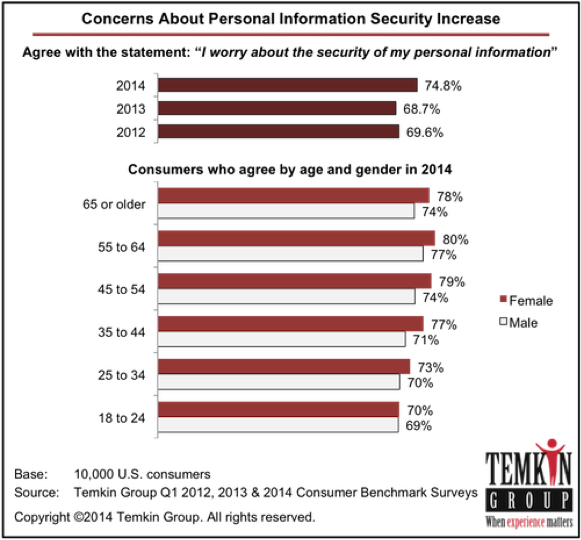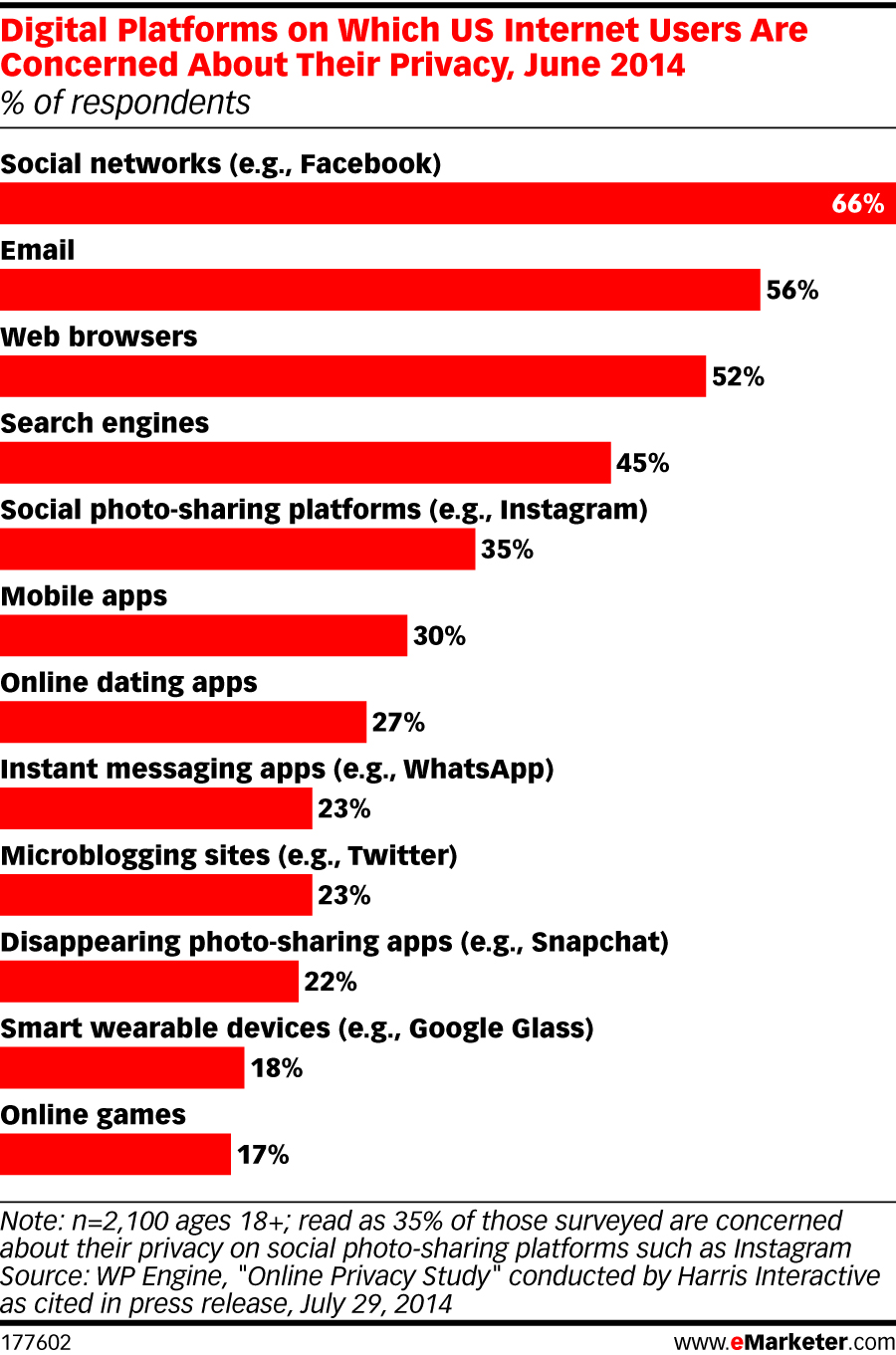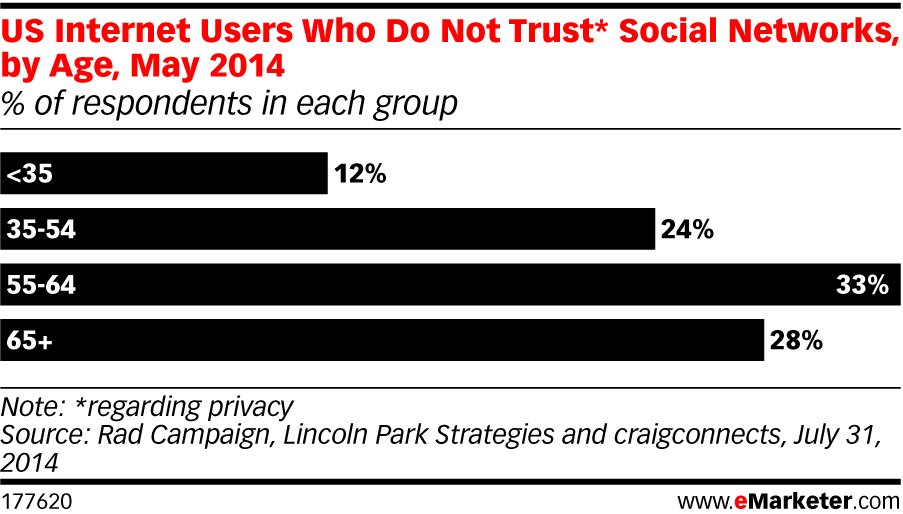There’s a reason VentureBeat calls Placed the “location-analytics standard”: it tracks over 175,000 users worldwide via a series of opt-in apps, and catalogues their movement through over 200 million locations daily. That staggering amount of intelligence netted it $10 million in its latest round of funding this summer.
How does it work?
To acquire the data, Placed uses a variety of approaches. One notable system is Placed Panels, a mobile app that offers rewards through location-based surveys. Users, known as “Panelists,” complete surveys throughout the day, as their devices are continually tracked in the background. The Panelists are then entered to win gift cards, sweepstakes, or other incentives. There are also opportunities to use the Placed data on mobile sites or partnered apps, and with other publishers.
What happens with the data?
Placed tracks the location data from its users and packages it in helpful, easy-to-understand analytics. Retailers and advertisers can measure locations based on how many users visit, and which sort of user goes where. The data can also measure ad campaign effectiveness by counting how many users walk into a physical store.
The goal is to provide real-world information on movement, identifying which consumers move where, when, and how often. Placed has even published research connecting its data to categories like television network preference, and half of the 25 largest ad networks use Placed data.
How does Placed address privacy concerns?
Given its large and far-reaching collection of data, Placed commits to privacy best practices, early and often:
- Explicit consent is always obtained before any data is tracked. Users may opt-out easily by uninstalling the app.
- Placed creates a value exchange by offering incentives in return for location and device information. That way, users get something in exchange for their data.
- Placed also anonymizes each user. It only understands the info collectively, and third parties are not able to glean specifics on any aspects of the user pool.
So users always have to opt-in, are never revealed to third parties, and get something in return. It’s a good way to ensure their data gets used correctly, and keeps everyone happy.



